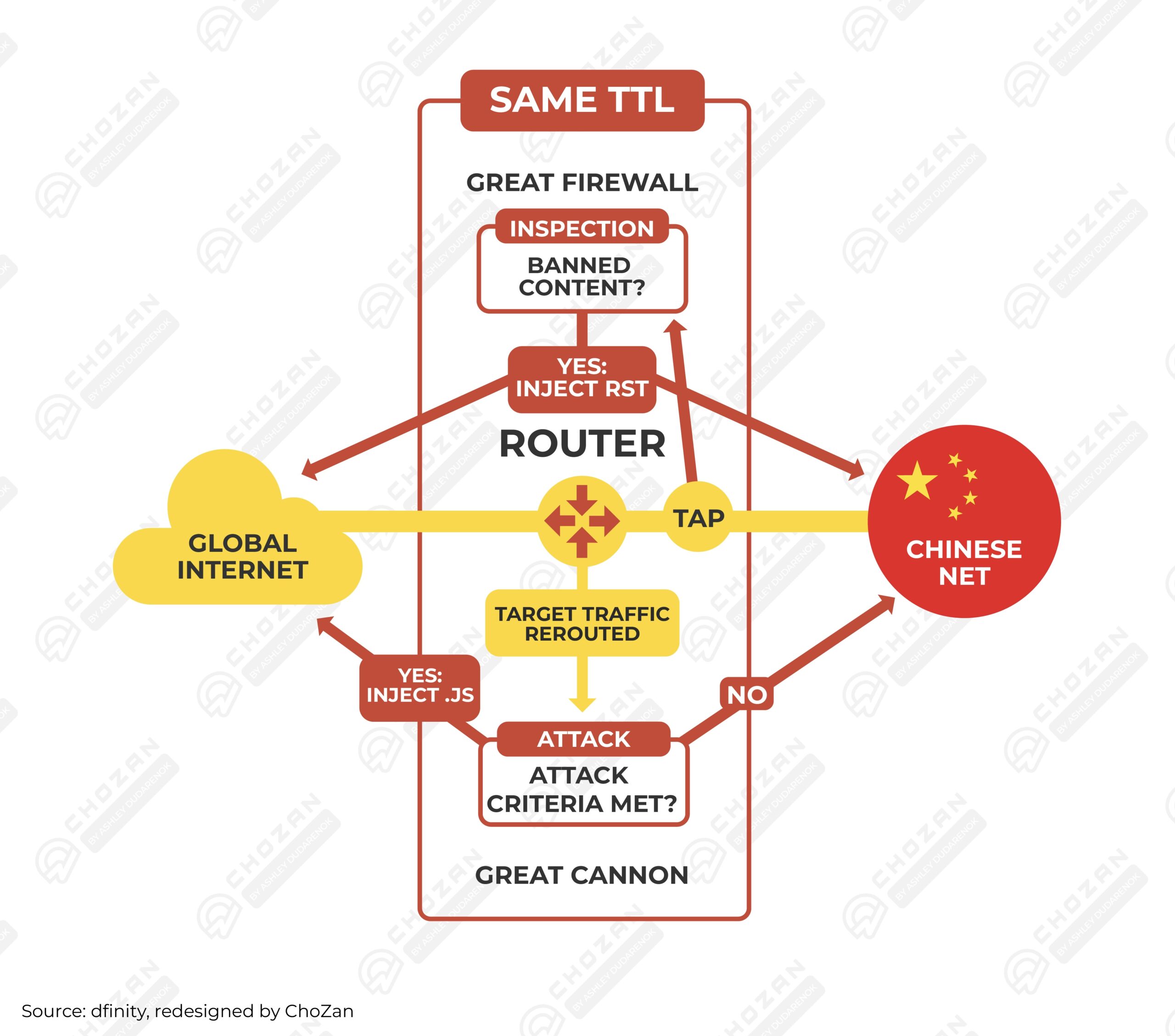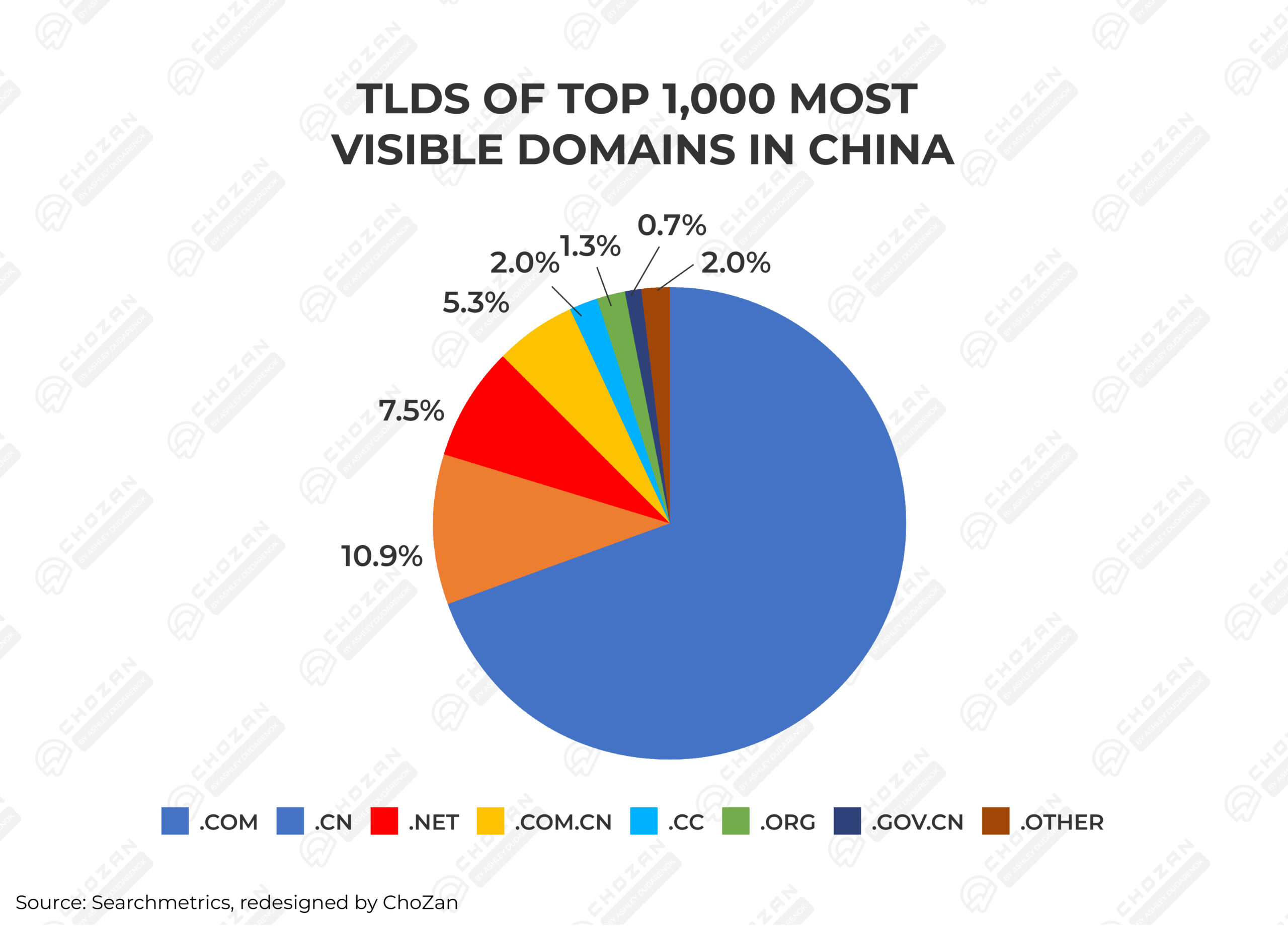The way the internet works in China is like a small world of technology and rules. Chinese internet companies have made their services just right for many Chinese users and consumers. This idea, seen in things like search engines and laws, can teach other businesses how to do well online in China.
We’ll learn three important lessons from China’s internet companies. These lessons help us understand how to manage domains and where to put websites in this changing world. When we use these lessons, we can do better in China’s online world.
But first, we need to understand what it is.
What is Whole Domain Management?
Whole domain management encompasses a spectrum of ongoing tasks aimed at maintaining the stability, security, and support of a personal or corporate domain. While the attention often gravitates towards website design and content creation, managing the domain itself is a vital component in ensuring the website remains accessible and operational.
A domain name serves as more than just an online identifier—it acts as a portal to a brand’s website and, in many ways, encapsulates the brand’s digital presence. To safeguard this online realm, domain owners need to perform a range of tasks. From domain name registration to renewals, determining nameservers, and monitoring domain security, effective management contributes to a seamless online experience for users.
China Mobile, China UnionPay, and others are leading the BSN project that aims to create a new part of the Internet that everyone can use. They want to use new technology to build a strong foundation for Chinese consumers and computer systems. This will help with things like new operating systems and communication methods, making it easier for people to create new tools and apps that everyone can use.
Lesson 1: Navigating the Chinese Internet Structure
Central to China’s internet philosophy is the concept of user-centric design. The “Great Firewall of China” is emblematic of this philosophy, acting as a digital boundary that distinguishes between content hosted within China and content from abroad. To effectively penetrate this unique market, businesses must ensure that their online content is not only accessible but also optimized for speed and legal compliance.
Structure on Chinese Internet
Source: difinity, redesigned by ChoZan
Having a strong online presence starts with having a well-organized website address (URL) and a smart plan for where your business website’s content is stored. Think of this as a company having a clear name and knowing where its store is located. But, things on the internet change quickly due to rules set by the government and search engines.
So, it’s crucial to keep up with these changes and adjust how businesses manage their website accordingly. Just like how a company adjusts its strategy based on new rules or trends, your website needs to adapt to stay in line with the latest requirements.
In China, they’ve been using AI for a while, especially after their National AI Development Plan in 2017. Chinese tech companies are smart and practical, focusing on using AI for business and useful things like understanding language and helping with coding.
They’re always watching new AI ideas, like Generative AI, which can make things faster and better, even for languages and writing code. Chinese companies are ahead and ready to use the latest AI tricks to make things better.
Lesson 2: Unraveling the Dynamics of Domain Management
A deeper understanding of domain management reveals the intricate interplay between domain, Domain Name System (DNS), and IP addresses. Websites are identified by IP addresses, which are translated into user-friendly domains through the DNS.
Domains consist of top-level domains (TLDs) like .com, second-level domains (SLDs) such as “eviom,” and subdomains like “www.” However, the introduction of country-code TLDs (ccTLDs), including .de, .us, and .cn, introduces complexity due to varying regulatory frameworks.
For companies venturing into China in 2023, the choice between a .cn domain and a .com domain is pivotal. While both options have their merits, a .cn domain directly communicates a connection with the Chinese audience. International companies often adopt uniform domain structures, using subdomains, subfolders, or URL parameters to segregate content.
To optimize the visibility and relevance of Chinese content, adopting a dedicated domain or subdomain is recommended. This underscores the importance of Chinese content within the broader digital framework.
Because of the “Great Firewall,” Google doesn’t work in China. Instead, Baidu is the top search engine there, with more than 60% of the local market. Baidu is also the biggest in mobile search, making up over 95% of China’s mobile internet use.
Lesson 3: Strategic Implications of Hosting
The physical location of website content, known as hosting, holds significant sway over digital performance. Baidu, China’s foremost search engine, treats entire domains as unified entities, deviating from practices like Google’s use of “hreflang” tags to signal language variations. In China’s digital landscape, hosting is a strategic decision that directly influences website speed, accessibility, and legal compliance.
Source: Searchmetrics via Eviom, redesigned by ChoZan
When picking the best place to store their website in 2023, companies need to think about whether a .cn or .com domain is better. A .cn domain shows a strong link to China, while Baidu, a big Chinese company, uses .com.
Choosing the right domain means thinking about what users expect, how search engines work, and the company’s technology setup. No matter the choice, hosting close to Chinese users is super important for a smooth and fast website experience.
China’s internet ecosystem embodies a fascinating blend of innovation and regulation, underscored by a commitment to user-centric design. The lessons gleaned from China’s internet companies illuminate the significance of domain management and hosting strategies within this intricate landscape.
A nuanced understanding of domain dynamics, strategic domain selection, and informed hosting decisions are crucial for businesses aiming to thrive in China’s digital realm. By embracing these lessons, companies can position themselves to harness the vast potential of China’s internet market while ensuring a seamless user experience and adherence to regulatory requirements.
As the digital world continues to evolve, businesses need an invaluable guide in the Chinese internet landscape and how trends can suddenly come up or happen. These lessons remain invaluable guides for success in the complex terrain of China’s internet landscape. Contact ChoZan here to see how our company can help your brand learn from China when it comes to successful implementations such as these.
Source:
https://zhuanlan.zhihu.com/p/640055826
https://thechinaproject.com/2023/08/14/the-state-of-chinas-generative-ai/
https://eggplantdigital.cn/why-website-localisation-really-matters-your-business-in-china-in-2023/








